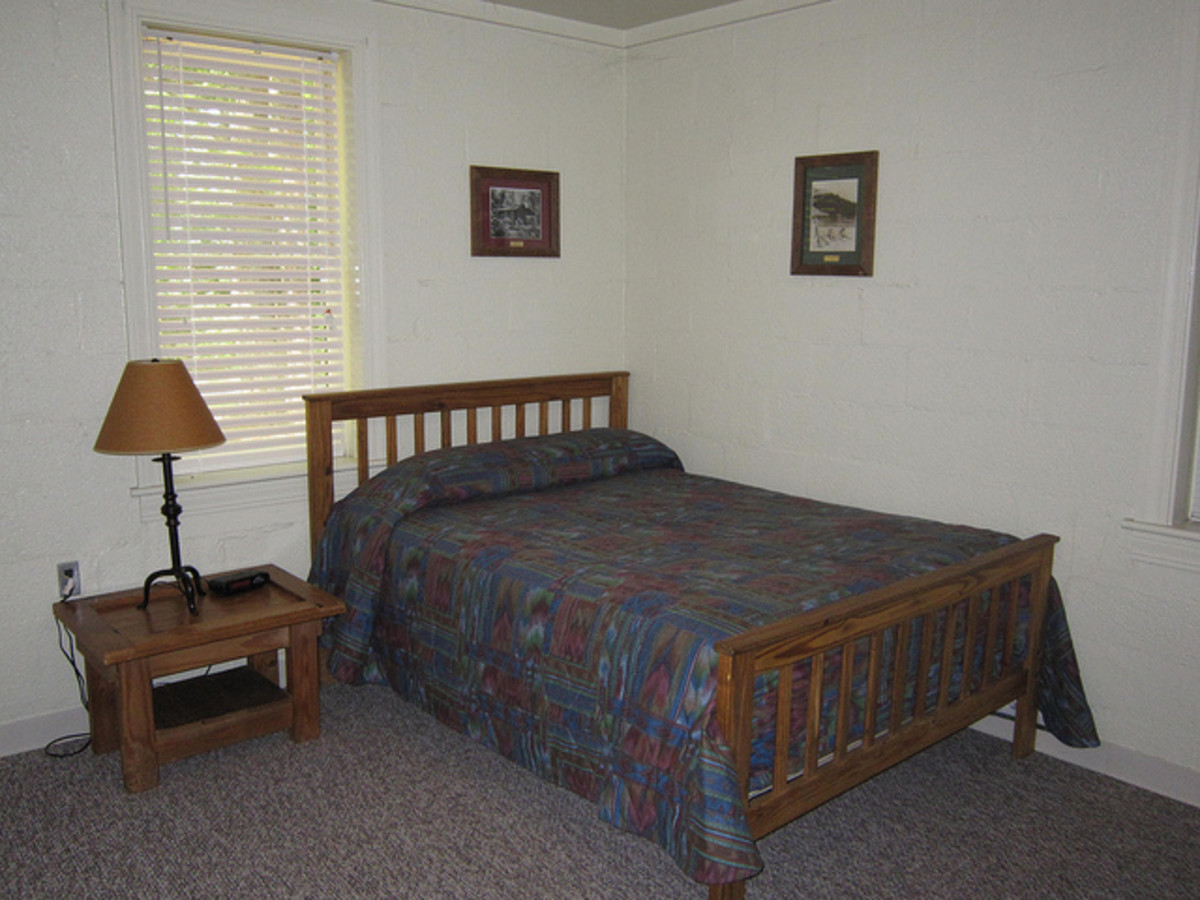How I Was Able To Save Up To Buy A House Before I Had My First Child

Owning a home is a dream for most people. I am certainly no exception. But the reality of becoming a homeowner requires a lot more planning than I thought.
When I left university, I had a sound plan. Or so I thought. It was simply to find my career, find that special someone to spend my life with, buy a home, and raise a family. As it turns out, that was far less easy than I expected.
I won’t go through my entire life plan, but I will focus on at least one of those goals – buying a house before I had my first child. In doing so, I hope I can guide you through some of the planning and help you avoid some mistakes I made.
Have Clear Goals
Attaining something as significant as a house requires clear goal-setting and discipline. Firstly, I found out that purchasing a home requires a good-sized down payment, usually 20% of the home’s overall sale price, although you can get loans these days with 5% or 10% deposit as well.
Unless you’re blessed with well-off parents who can provide this for you, you’ll need to start saving as soon as possible. A mistake I made when I got my first job was renting a really nice apartment.
After living on such a tight budget in university, I was heady with the possibilities of living nicely when I landed my first job. I will admit to getting a unit that was far too costly.
This was a mistake, in hindsight. I ended up with far too much financial obligation on a rental, handing over money to someone else instead of investing in something I could call my own and pay off. If I can stress something right off, don’t waste your money paying off someone else’s mortgage. Instead, find a cheap place to rent, or if you can – stay at home with mum and dad - and use that extra money securing a deposit for a home of your own.
Don’t Be Too Frugal, But Savings Are Important
If you are working hard, you deserve to enjoy the fruits of your labour. I’ll be the first to admit that. But spend with an eye to the future as well.
Try to differentiate between what you need and where you might be wasting money. If you have a dependable car, there’s no reason to incur the expense of replacing it. You’ll get far more use out of your home than a vehicle.
Likewise, you can find small ways day-to-day to save money. It may be as simple as planning meals in advance for the week. Another thing I fell victim to is our penchant for replacing things that can be repaired. I’ve saved hundreds getting my lawnmower repaired instead of replacing it. Likewise, when my phone broke, I got my phone repaired instead of replacing it. Saved me hundreds of dollars in both cases.
In short, identify what needs to be replaced and what can be fixed. Beyond that, keep to a realistic budget for expenses.
You Do Need To Sacrifice
Nothing is free. It is important to remember this. I spent far too much time trying to keep up with my friends’ activities, going on holidays and out for dinner and drinks. You need to recognise that sacrifice is necessary to save up and achieve a goal like buying a home.
More importantly, you need to realise that having children is expensive. Before you have a child is the best time you will ever get to save up. If you squander that chance, you may spend way too many years trying to save after a child enters your life.
Have A Side Income
The “gig economy” and modern business presents opportunities that didn’t even exist when our parents were our age. One of the best ways to get ahead financially and realise that home is to find a good side income.
Identify your skills and see what you can monetise. Saving for a home is a numbers game. Yes, you’ll eventually save up by putting aside say, 10% of every paycheck, but you don’t need to be limited to that.
Instead, find alternate sources of income you can bring in. If you have technical skills, advertise them online. There are now, more than ever, plenty of ways to earn real money online if you have a particular skillset. If not, there are plenty of ways to learn one as well, with plenty of online courses to help you learn new skills.
Keep Your Eye On The Prize
The most important things to remember are to keep your eye on the long-term prize and stay financially disciplined. You don’t have to deny yourself everything. Just moderate your spending.
The wisest advice I was ever given happened to be, “don’t save what you have left after you buy what you want, but put aside what you need to save first and spend the rest.” I only share this with you though on the premise you don’t ever tell my parents they were right!








